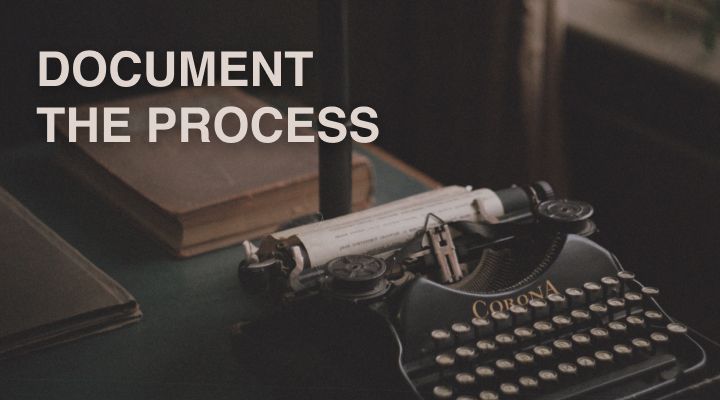“Teach everything you know”. This is one of the core values at ConvertKit - a company that makes creator-focused, email newsletter tools that was founded by Nathan Barry in the early 2010s. Nowadays, ConvertKit describes the reason for this mantra as, “We teach everything we know for the benefit of creators and the broader tech industry.” What’s not mentioned is how teaching everything he knew and being radically transparent was actually one of the catalysts for Barry’s success.
Barry is one of my role-models. He was a blogger before he was a founder and built ConvertKit for himself as much as for others. He also decided to bootstrap ConvertKit instead of taking venture capital. The thing I find most inspirational, however, is how he leveraged documenting the process of building ConvertKit as an engine for growth.
From the beginning, Barry was radically transparent about the company. He shared his growth targets and revenue goals on Twitter. He published all of ConvertKit’s metrics monthly. And he wrote about every mishap, failure, and success along the journey of bootstrapping ConvertKit into a $2.5M MRR business. Today, you can actually view all of their metrics in real-time.
Content marketing is a powerful way of growing a business, but Barry took it to another level by combining it with this radically transparent ethos. This content wasn’t just establishing ConvertKit as a thought leading brand - it was turning customers into fans and supporters of Barry and the company itself.
The vulnerability he showed made people invested in his story. They kept coming back to his content to see how the narrative of “bootstrapping to $1M MRR” was progressing. It made people want to help him achieve his goal and also created more and more touch points between ConvertKit and potential customers. It was a genius play.
That’s why I’m kicking myself that I didn’t do this with Lumastic. Before I even knew about Barry or ConvertKit - I thought about doing this. I saw the success Gimlet had by publishing the Startup podcast and thought it was so obvious that I should vlog the process of building Lumastic. But I never did it. I prioritized building product and more traditional content marketing plays because they didn’t require the self-examination and reflection that laying bare your failures to an audience does.
The headfake though, is that building an audience by being transparent and synthesizing your learnings along the way forces you to admit your mistakes earlier and learn from them faster. Imagine if I wrote these 10 blog posts during the last 4 years instead of after them. I probably wouldn’t have kept making the same mistakes. I could have saved myself and our team a ton of time, and we might still be working on Lumastic today.
Along with this practical benefit, the side-benefit of this documentation would have been having a lot more moments captured in time. I would’ve loved to see early screenshots, videos, and photos of Lumastic and the team over time. Memories like that are special.
Stewarding a community and “teaching everything you know” creates compound returns. The main reason I started this blog and have been writing this series is to build this habit in my own life. The posts in this series are notes to self. They’re designed for me to look back and remember what I can do better the next time I take the plunge and try to build a business.
Note: This is part of a larger blog series on 10 Things I Learned From My First Failed Startup. Checkout the rest of the series and tweet your thoughts at me.

